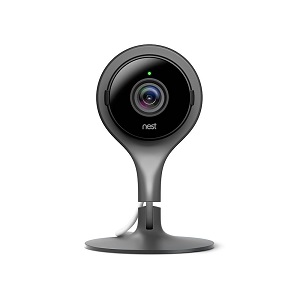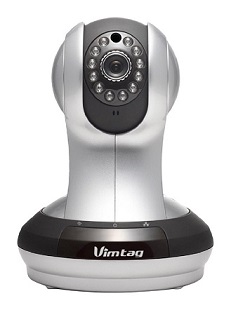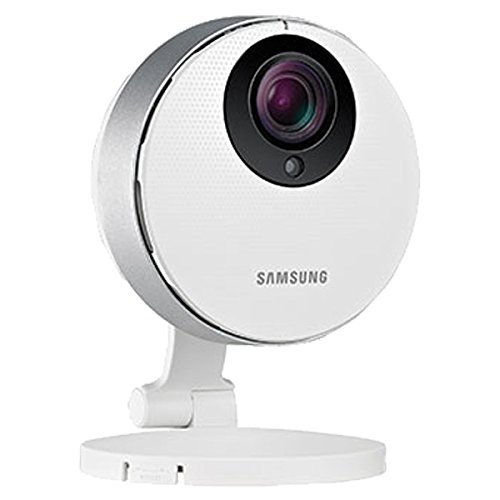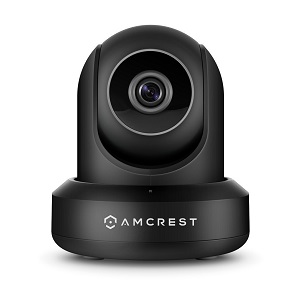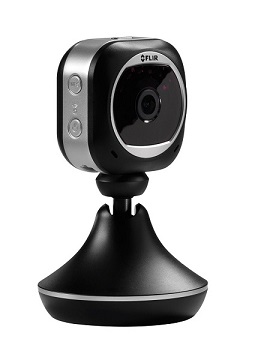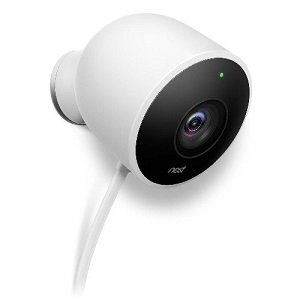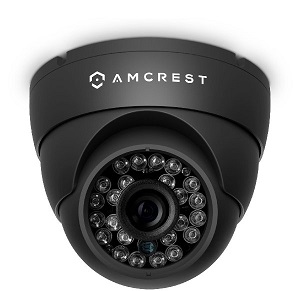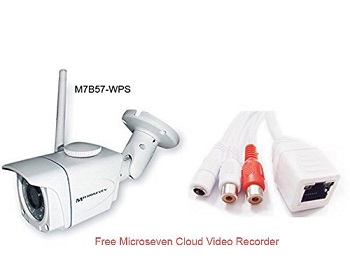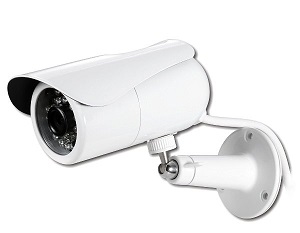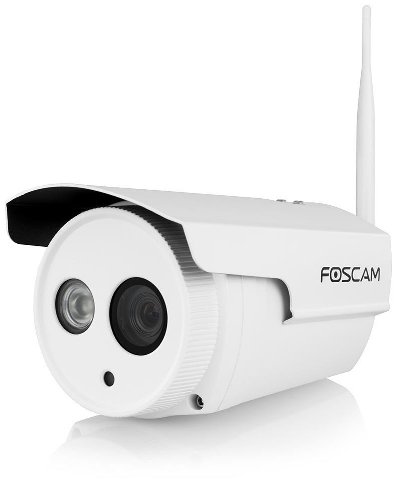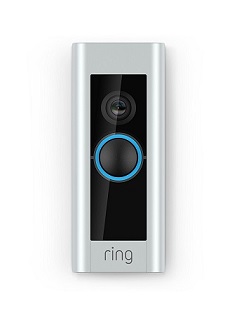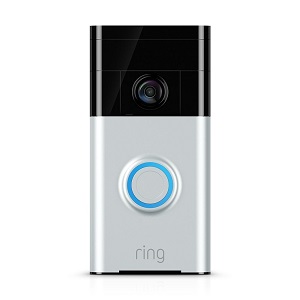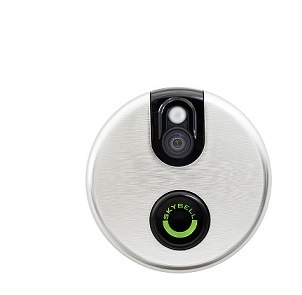Difference between IP and Analog Cameras
There is a significant difference in analog and IP cameras. Both the analog and the IP camera are designed for all type of applications – whether that is on your business premises or around your home. Whereas the analog camera will feed the security footage directly to a DVD or VCR player and/or a television monitor, an IP camera (also referred to as a network camera) will feed the video and image footage directly via a web server.
While making a choice between this two, you must consider the particular security requirements you have in mind. In the following sections, I will like a couple of differences between these two systems to enable you be more informed about the security camera to invest in.
For starters, the traditional analog camera would measure the resolution of the recording by the number of horizontal-flowing lines. These lines are referred to as TVL. The more the number of lines on an image, the higher and better the resolution of the camera will be.
IP cameras, to contrast, only measure the resolution of the captured image in pixels.
Other differences between IP and analog cameras include:
1. Image Quality
Typically, we would recommend the IP systems. This is especially so if you are looking for sharper, clearer images and footage from your camera. The image quality happens to be where the main technological differences between IP cameras and analog systems come about from.
It is also for this exact reason that IP systems tend to b more expensive than their analog counterparts. Like with photos recorded via a digital camera, the resolution is better on an IP system. Of course, the higher the number of pixels, the better the overall clarity of the captured images.
As we mentioned before, the technology used to create analog cameras is a bit older. Similarly, the maximum megapixel resolution with an analog is in the 0.4 megapixels range.
IP cameras, on the other hand, have a higher resolution – typically higher than 10 megapixels. This means that you are more likely to get clearer images with an IP camera. Of course, this also means that you’ll have to bear with the increase in cost for your surveillance CCTV system.
2. Remote Viewing Capability
Most of the security systems typically shown in movies getting monitored by security guards on large TV screens tend to be analog cameras. These cameras, to this end, are hardwired into an accompanying recording device – such as a DVD or VCR recorder. Similarly, they work by constantly recording security images and projecting them on a TV screen.
IP cameras, on the other hand, can either be wireless or hard-wired. The image captured will, however, feed into the embedded network server. This server can be accessed easily as long as you have the login details, you own the system, and you are using any device that has internet capabilities.
For instance, if you got an IP camera for your business or home, all you have to do is simply login into the server that hosts your video camera before downloading the security images captured instantly into your smartphone or any other computing device.
3. Security
With an analog security system, the camera feeds images into a recording device. By so doing, your security feed will be accessible to just about anyone, as long as they have access and they can get their hands on your recording nits, DVDs, and tapes.
With an IP security camera, on the other hand, your security feed will be encrypted before it is being sent through the internet and to the right network server. This happens for two main reasons:
- It compresses the recorded data
- It secures the data for easy, trouble-free transmission over the internet
Therefore, if you are somewhat concerned about the security of your camera and need to safeguard your security images, you might be better off working with the IP CCTV security system rather than opting for an analog system.
4. Cost
As mentioned above, IP cameras are a bit pricier than the analog version. The technology behind the use of analog system has been tried over a long period of time and found to be true and effective. As a direct result, it follows that buying such a camera will cost you significantly less than if you go with an IP camera.
That said, the IP camera is easier to install and maintain over the long haul. An IP camera will feed all security images to you through the internet. Therefore, although they are a bit expensive to buy, the wiring and installation fees for installing an analog camera might as well offset the main cost differences. This means that you might want to opt for the IP camera instead.
As mentioned above, there are a number of differences between analog and IP cameras. The type you end up choosing, therefore, will mostly depend on your particular needs and preferences.
